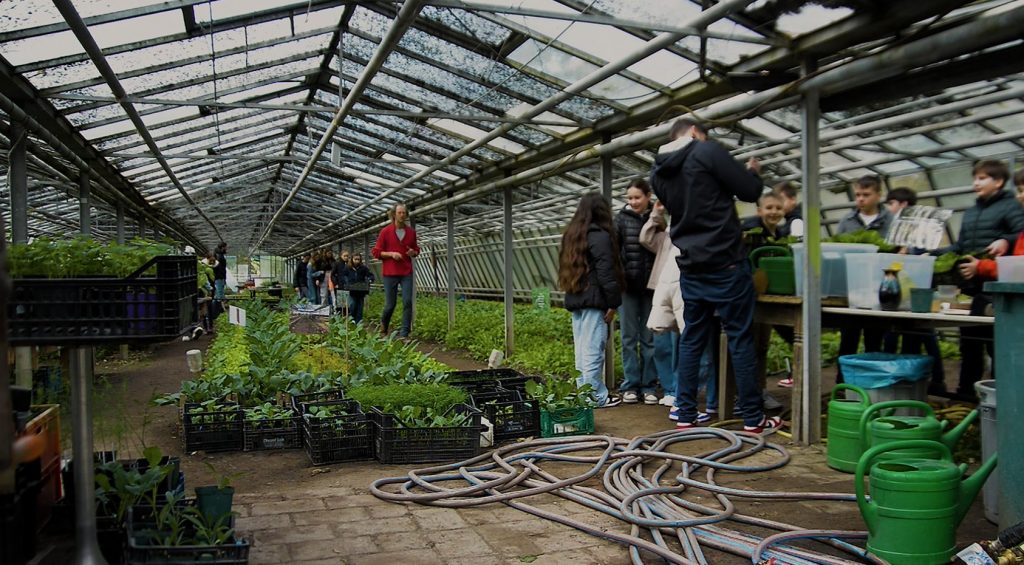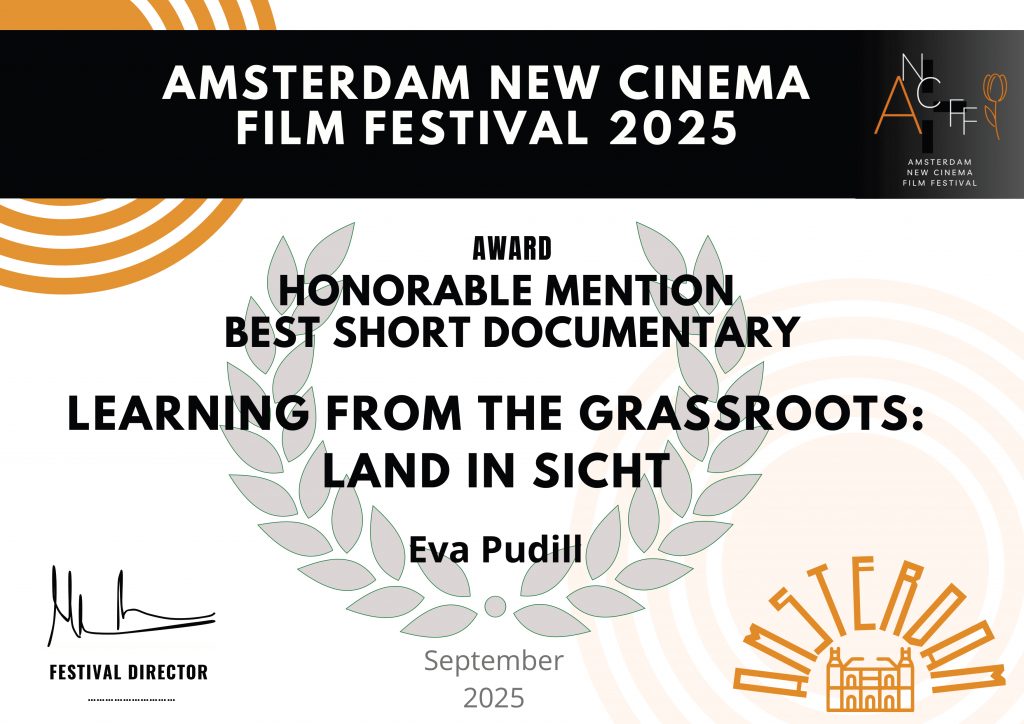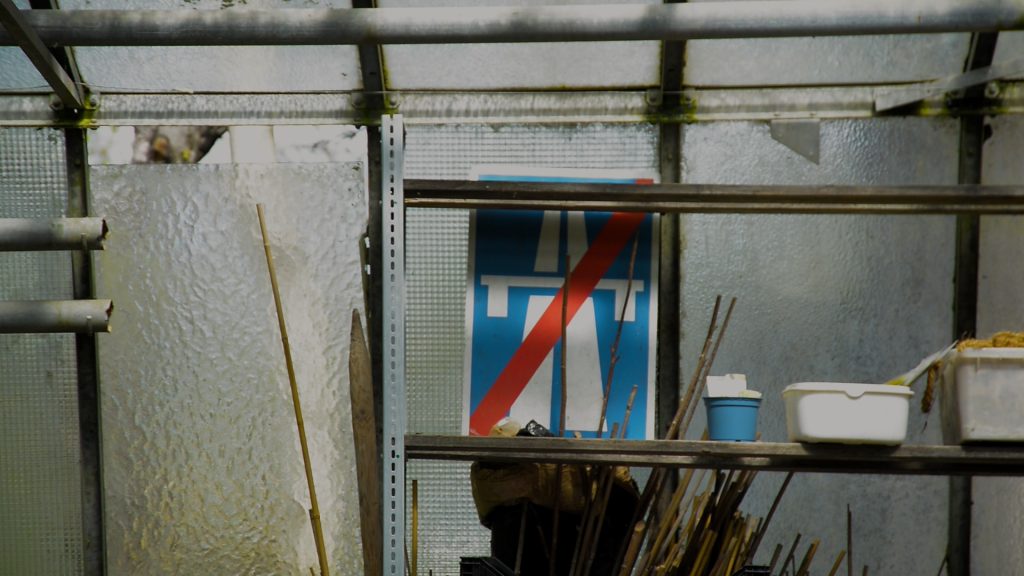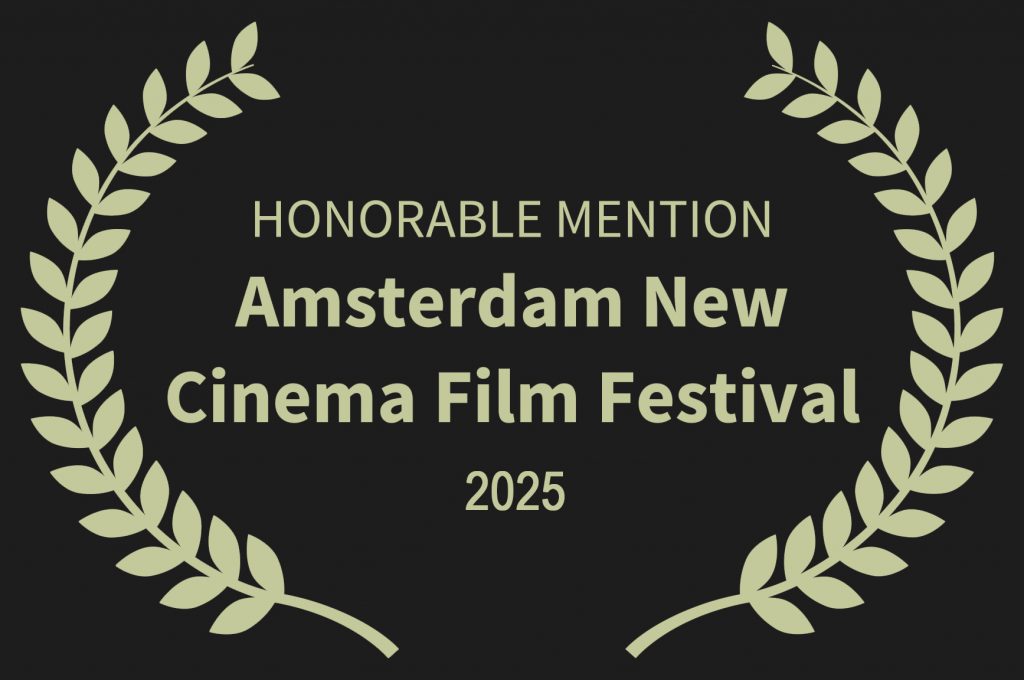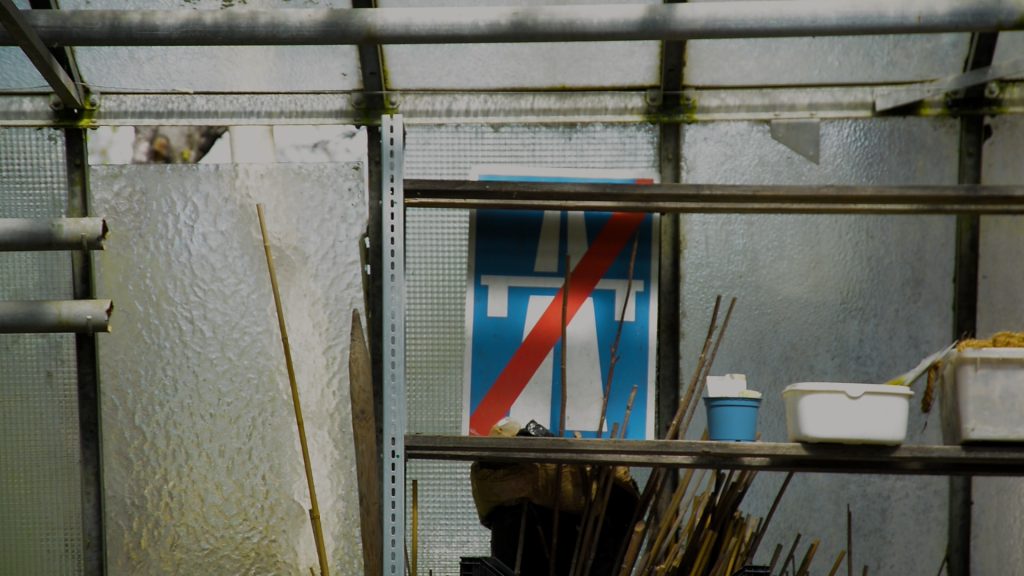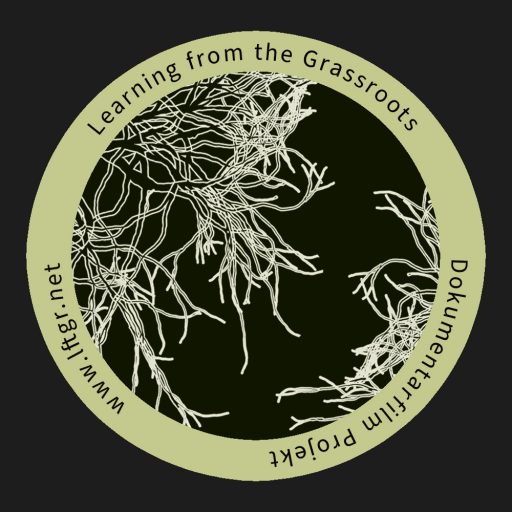Learning from the Grassroots focuses on committed grassroots networks that demonstrate how sustainable change in the area of food sovereignty is almost always initiated by civil society actors, such as associations, networks, independent NGOs, and committed individuals. One area that clearly demonstrates this is the regulation of seed transfer, which is driven by the industrial seed lobby.
The human right to pass on seeds and preserve climate-resistant, locally adapted, and traditional varieties is coming under increasing pressure worldwide. Strict seed regulations often require varieties to meet certain criteria in order to be approved and sold commercially. A variety must be distinct, uniform, and stable. In addition, only varieties that are registered in national variety lists may be sold. Old, regional, or open-pollinated varieties mostly fall through the cracks of these criteria because they are often not uniform enough. They may not be sold, even if they are ecologically valuable. As a result, many varieties are dying out and genetic diversity is being lost.
The rapid deregulation of new genetic technologies is allowing global seed companies to gain more and more control of the market. This development makes farmers even more dependent on patented seeds, which are subject to strict licensing conditions and fees, and limit self-determination.
Europe is moving in a similar direction, with ongoing debates about the deregulation of new GMOs. A major concern is that such deregulation could lead to a surge in new patents, which remains a highly contested issue and has yet to be resolved. At the same time, the seed market remains tightly regulated.
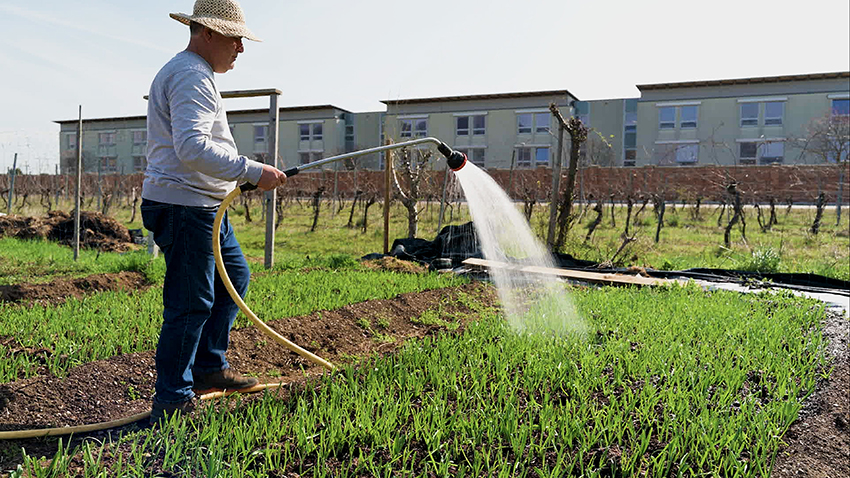
However, turning to right-wing parties in response to what is seen as excessive EU regulation is a misguided reaction. These parties are often particularly receptive to lobbying from the pesticide and GMO seed industries. Rather than challenging the status quo, they tend to support industrial agriculture and dismiss critical voices from civil society, labeling them as merely ‚disruptive‘.
Under the pretext of reducing ‘unnecessary bureaucracy’, regulations designed to protect us from excessive corporate greed are now being watered down or abolished in the EU. These are regulations that protect the environment, ensure clean air and healthy food, guarantee fair and safe working conditions, and combat discrimination.
Several legislative proposals have already been adopted without the European Commission first presenting an impact assessment, even though this is essential for informed decision-making. The additional use of the so-called fast-track procedure further exacerbates the situation, as it makes a thorough democratic debate in the European Parliament virtually impossible.
In addition, right-wing parties—including some in Austria—play a central role in putting pressure on civil society movements. They attempt to delegitimize committed groups, withdraw funding from them, or publicly discredit them. This makes the work of those who are committed to ecological and social sustainability difficult – particularly in the areas of agriculture, biodiversity, sustainability, and food sovereignty.
Perhaps the debate about the EU’s so-called ‚regulatory frenzy‘ should be more nuanced. Otherwise, there is a risk of undermining the civil society power from below that is indispensable for a vibrant democracy, and which represents one of the last effective means of defending the public’s interests against unchecked corporate greed.
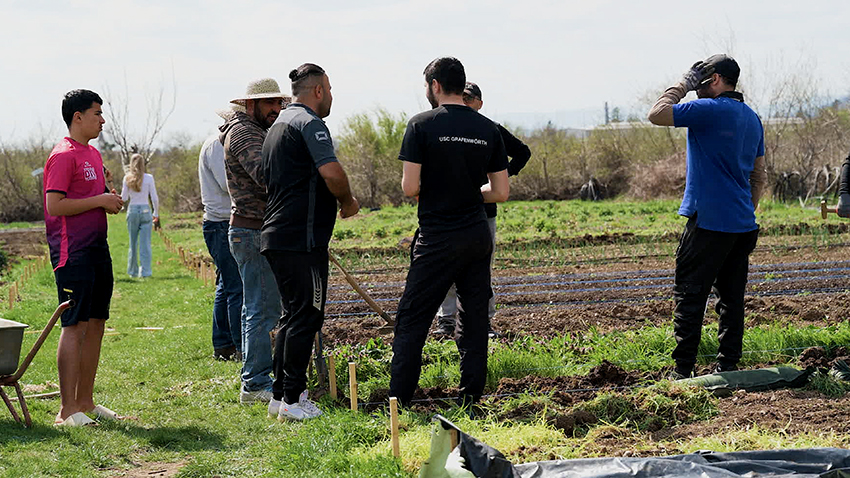
Nevertheless, while the powerful lobby of seed and pesticide companies in Brussels is gaining more and more influence, a decentralized counter-lobby has long since formed: a network of NGOs, associations representing farmers‘ rights, associations for the preservation of old varieties and the free distribution of seeds, and seed companies that work according to strict organic guidelines and reject the patent system. These civil society actors are also trying to influence European seed policy.
Their strategies range from directly influencing political processes in Brussels to raising awareness and practical initiatives on the ground, such as regional variety conservation programs. Despite limited resources, the counter-lobby has achieved significant goals in recent years – such as the rejection of a draft restrictive EU seed regulation in 2014 that would have effectively banned old varieties. Nevertheless, pressure from industry remains high, and many civil society actors encounter closed doors in Brussels.
In times of climate crisis and biodiversity loss, the fight for free, diverse seeds is becoming increasingly important – not only for farmers, but for society as a whole.
Across Europe, numerous initiatives have joined forces to promote an agricultural policy that focuses on diversity and the common good. It is only thanks to the commitment of these civil society actors and their networking that the influence of large corporations in Europe has been pushed back by several decades.
But what would happen if the European Union decided to deregulate the new genetic engineering technology, and what consequences would this have for the future of food sovereignty in Europe?
